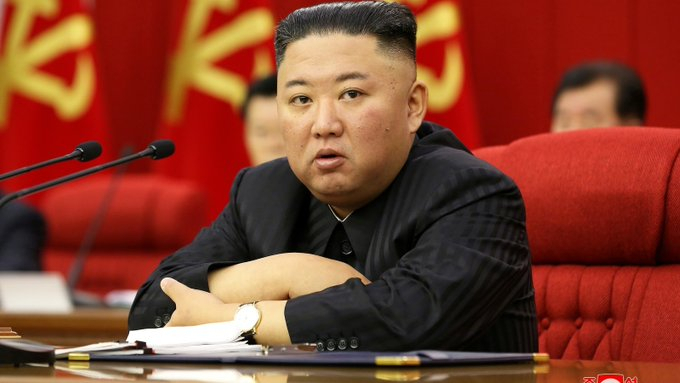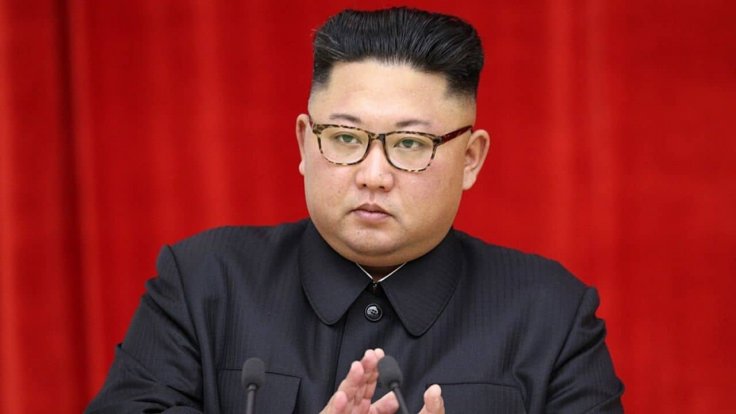North Korea has reportedly executed around 20 to 30 officials for their failure to prevent up to 4,000 possible deaths caused by recent flooding and landslides in Chagang Province. Chosun TV reported that a North Korean official stated, "Those who caused unacceptable casualties will be strictly punished."
They further said: "It has been determined that 20 to 30 cadres in the flood-stricken area were executed at the same time late last month. Circumstances involving the dismissed Chagang Province Party Secretary Kang Bong-hoon have been captured and are being confirmed." Kang Bong-hoon, who previously served as deputy director of the Munitions Industry Department, also joined Kim Jong-un during his on-site inspections.
No Mercy from Kim Jong-un

The northwestern province recently suffered severe flooding that left thousands of residents displaced and resulted in numerous death and injuries. South Korean media estimates that the death toll could exceed 1,000.
North Korean state media reported last month that the heavy rains had flooded 4,100 homes, 7,410 acres of farmland, and many other public buildings, structures, roads, and railways in the northwestern city of Sinuiju and the adjacent town of Uiju.
During that time, Kim Jong Un asked authorities to "strictly punish" those who he said neglected their responsibilities for disaster prevention and caused "even the casualty that can not be allowed," according to the North's Korean Central News Agency. . . which he how seems to have carried out.
Deaths Upon Deaths

During the floods, loudspeaker trucks broadcasting praise for "Great Leader" Kim Jong Un's "great love" were reportedly deployed to both the affected and unaffected areas.
According to a source, people complained of "extreme fatigue" as the trucks began broadcasting messages from 6 a.m. The constant streams of announcements, described as "distressing noises," reportedly troubled residents from morning until evening.
This comes just a month after North Korea executed up to 30 children for watching K-dramas.
Despite a ceasefire following the Korean War's end in 1953, North and South Korea remain technically at war. South Korea is a modern democracy known for its leadership in electronics and cultural influence, while North Korea is a totalitarian communist state with extremely poor living conditions for its citizens.
Earlier this year, North Korean dictator Kim Jong-Un declared South Korea as the regime's top enemy.
Amid this tense environment, watching South Korean entertainment, including television shows, is illegal in North Korea. While K-dramas are not officially broadcast or streamed there, they are illegally distributed via pen drives smuggled into the country.








